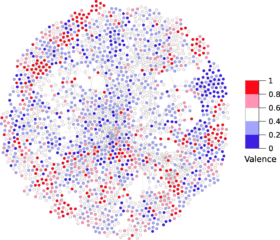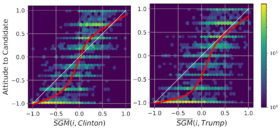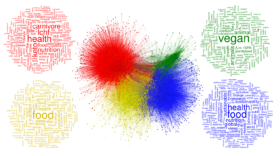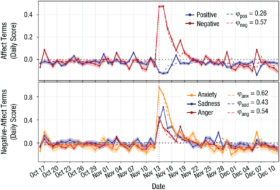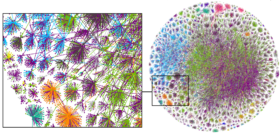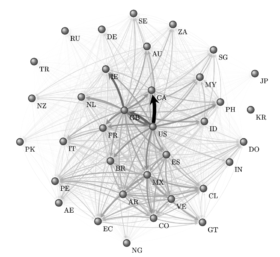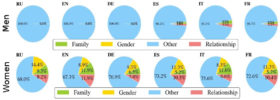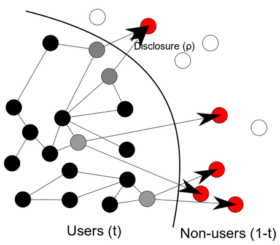Colexification Networks Encode Affective Meaning
Anna Di Natale, Max Pellert, David Garcia Affective Science (2021) Colexification is a linguistic phenomenon that occurs when multiple concepts are expressed in a language with the same word. Colexification patterns are frequently used to estimate the meaning similarity between words, but the hypothesis that these are related is still missing direct empirical validation at …
